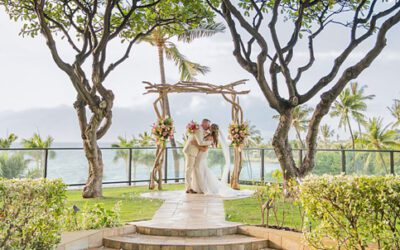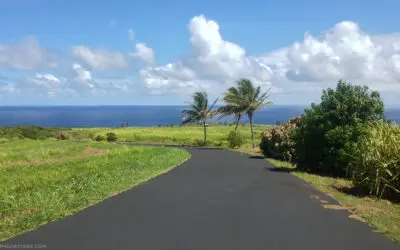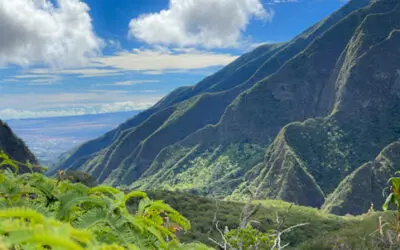If you’re planning a trip to Hawaii, you might wonder, is Maui safe?
The good news is Maui is a generally safe destination — but there are some things you should know to ensure a smooth and safe visit. Below, we’ll cover how to stay safe on Maui, from ocean safety tips to avoiding petty crime so you can make the most of your time on the island.
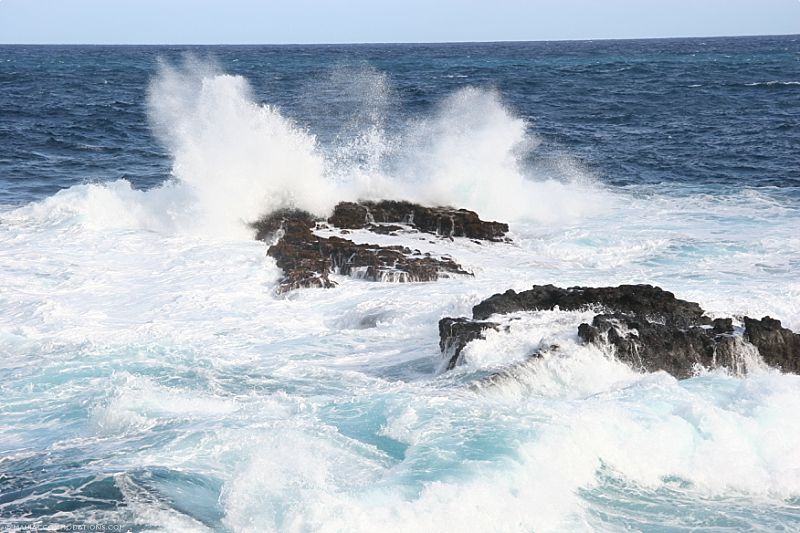
How Safe Is Maui?: Biggest Dangers
Ocean Safety
The biggest danger on Maui is the ocean. While Maui’s waters may look inviting, strong currents, heavy shorebreak, and hidden dangers pose significant risks. Ocean-related injuries and rescues happen weekly on Maui, and sadly, fatal drownings usually occur several times a year. You can stay safe on Maui by staying informed, knowing your limits, and learning how to identify possible hazards. Here’s what you should know:
- Rip Currents — Some of Maui’s beaches have strong rip currents, which can pull swimmers out to sea. If you’re caught in a rip current, do not try to swim against the current. Swim parallel to shore until you’re outside of the current, then make your way back to the beach at an angle.
- Shorebreak — Heavy shorebreak can cause serious injuries. Some beaches are more prone to dangerous shorebreak than others, like DT Fleming in Kapalua and Makena State Park (Big Beach). No matter what beach you’re at, spend some time observing the ocean before getting in. Sometimes, waves can hit far apart by up to 15 minutes or more.
- High Surf — Surf heights in Maui can get huge, especially in the wintertime. Big swells can also cause abnormally strong currents, heavy shorebreak, and all-around dangerous conditions. When a big swell hits, it can go from being calm to dangerous in seconds. Learning to interpret the surf report can prevent you from getting into a dangerous situation.
- Surf Seasons — The winter months (November-April) are usually when the waves are the biggest on Maui. The winter swells come from the north and affect beaches in the Kapalua, Napili, Kaanapali, Paia, and Hana areas. Large swells from the west in the winter can also affect beaches in Wailea, Makena, and Kihei. In the summertime, swells from the south can affect Wailea, Makena, Kihei, Lahaina, and Kaanapali.
- Dangerous Beaches — Any beach on Maui can become dangerous depending on conditions, but some are more notorious than others. Some of Maui’s most deadly beaches are Big Beach (Makena State Park), DT Fleming in Kapalua, and Koki Beach in Hana. Kaanapali Beach can occasionally have a dangerous shorebreak as well.
- Wet Sand or Rocks — If you’re standing on wet sand or rocks, that means the ocean has recently reached that point. When the waves are big, it’s very important to stay away from wet sand or rocks to avoid getting swept away. Visitors have been swept out at places like Olivine Pools and the Nakalele Blowhole. Play it safe, and stay away from wet rocks!
- Lifeguards — Only a handful of Maui beaches have lifeguards. Popular beaches with lifeguards include the Kamaole Beach Parks and Hanakaoo Beach Park.
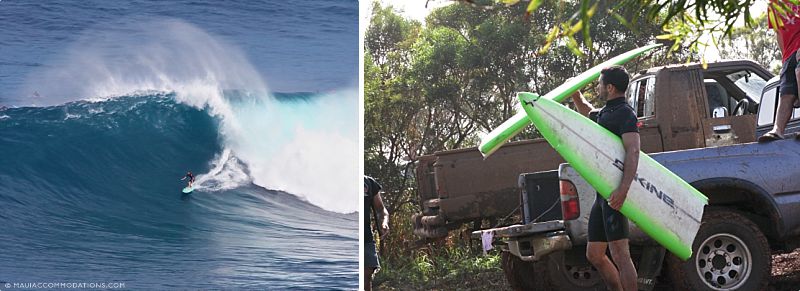
Beach conditions can change by the day, hour, or even minute. No one beach on Maui is safe every day of the year, but some beaches are more user-friendly than others. Kalepolepo Beach Park and Launiupoko Beach Park both have enclosed shallow pools, which are great Maui beaches for young children. The following beaches can be hazardous at times but are popular when conditions are calm: Kapalua Bay, Napili Bay, Kahekili (Airport) Beach, Kamaole I, Ulua Beach, and Polo Beach.
Snorkeling & Water Activity Safety
Snorkeling is not a risk-free activity. It can become dangerous quickly. All of the ocean safety information above applies to snorkeling, but here are some other things you should know:
- Always snorkel with a buddy. Never go alone. Having a partner ensures one of you can get help if something goes wrong.
- Never drink alcohol before snorkeling. This goes without saying!
- Consider taking a tour if you’re a first-timer. There are plenty of snorkel tours to choose from on Maui, both from boats and off the beach.
- Know your limits. If you’re feeling tired or dizzy, get out of the water immediately. Many snorkeling-related fatalities happen due to exhaustion or underlying health conditions.
- Check ocean conditions before you go. Avoid snorkeling in rough waters, during high surf, or when visibility is low.
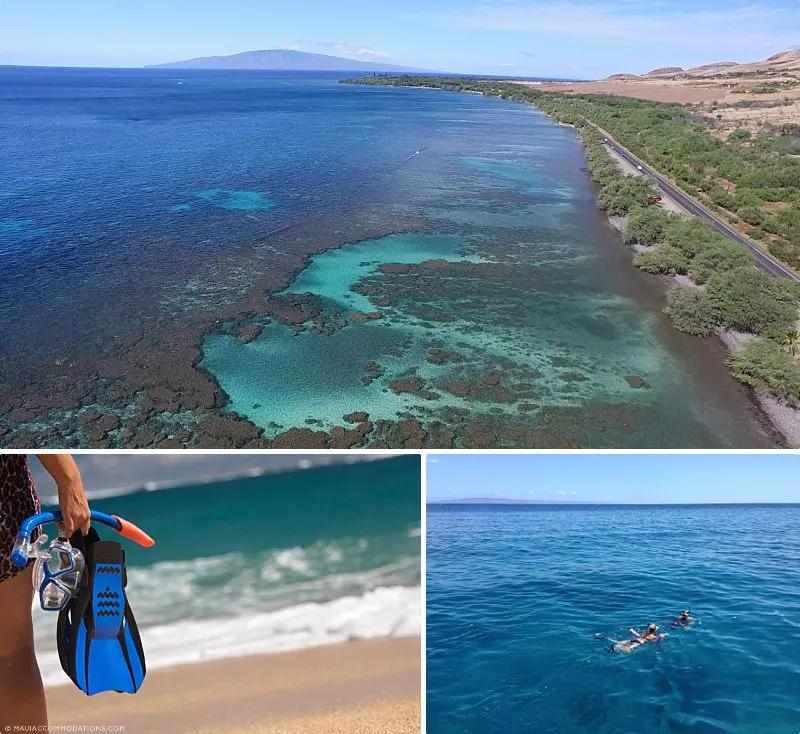
Hiking and Weather Safety
Maui is home to incredible hiking trails, from the lush bamboo forest on the Pipiwai Trail to the arid volcanic landscape on the Hoapili Trail. Hiking is a popular activity on Maui, but there are a few safety precautions to keep in mind.
- Always check the weather beforehand. Storms can move in quickly in the tropics and flash flooding is a real risk. Avoid hiking in valleys or near streams and waterfalls if rain is in the forecast. If water starts to rise or turn brown, turn around immediately and seek higher ground.
- Stay on marked trails. Venturing off-trail can lead to dangerous terrain, steep drop-offs, or private property.
- Bring plenty of water, especially when hiking in dry areas like the Hoapili Trail or at high elevations.
- Do your research before hiking in Haleakala National Park! At 10,000 feet, the weather can be very unpredictable in the park. It can go from hot and sunny to freezing in minutes! Bring lots of water and listen to your body, as the altitude affects everyone differently.
- Let someone know your plans. It’s a good rule of thumb to never hike alone, but if you must, let someone know your plans and when you’re scheduled to return.

Maui Safety: Crime
Serious crime involving visitors is very, very rare on Maui. However, visitors are usually the target of petty theft. Smash-and-grab car break-ins are somewhat common on Maui, especially in rural areas. The good news is that they are easy to avoid.
- Never leave valuables in your car. In most cases, people who are victims of smash-and-grabs left something of value – or something that could be perceived as valuable, such as a bag – in plain sight in the car. Thieves are looking for something quick and easy to grab. If you can leave your car empty, there will be no reason to break in.
- Don’t transfer items to the trunk once parked. Some thieves will hide out and watch if people store items in the trunk. If you need to keep valuables in your trunk, store them before leaving your accommodation, and don’t open the trunk while you’re out.
- Use your best judgment. If something feels off to you, trust your gut.
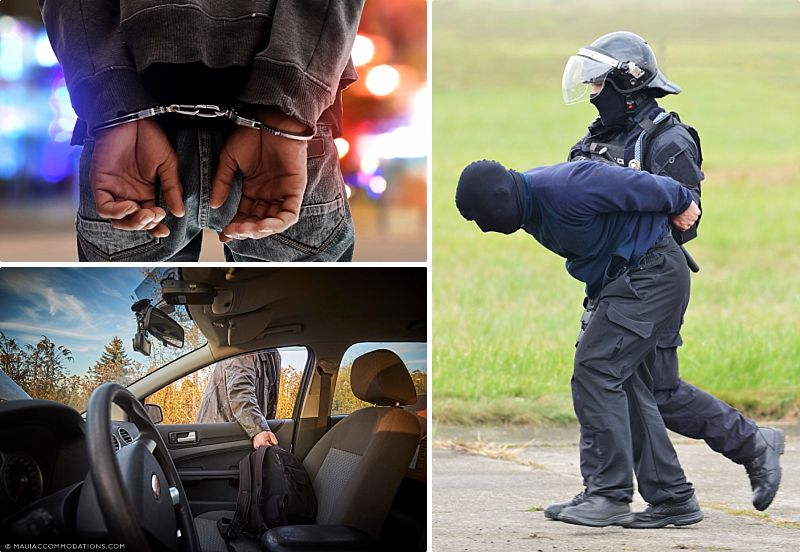
Overall, Maui is a pretty safe place. Aside from smash-and-grabs, the most common crimes on Maui are car theft and drug possession — which very rarely affect visitors.
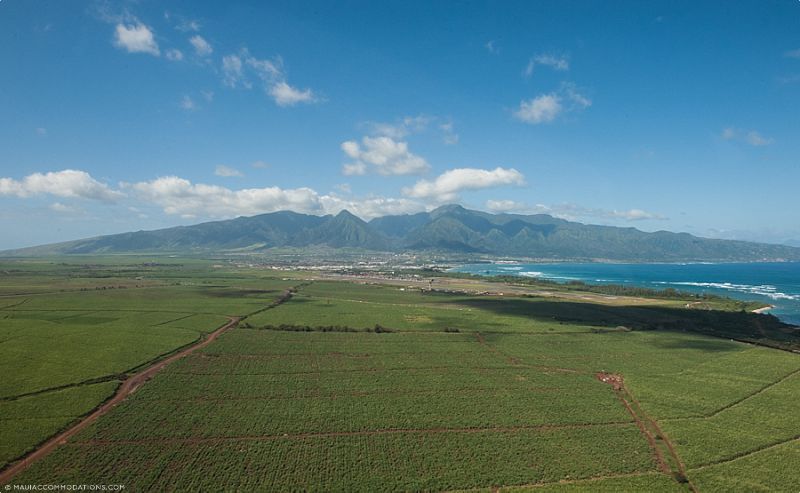
We hope this helps you stay safe during your next trip to the Valley Isle!
A hui hou!

- Looking for great places to stay on Maui? You’ll save by BOOKING DIRECTLY with the owners/managers of these accommodations.
- Looking for Maui deals? Sign up here for our free monthly Maui Deals & Steals e-newsletter with the latest book-direct deals from our advertisers.

 Aloha! Tiffany here. I've been blessed to call Maui home since 2011. With a background in the island's finest restaurants and hotels, guiding visitors to create unforgettable Maui memories is more than a skill I've mastered—it's a profound source of joy for me.
Aloha! Tiffany here. I've been blessed to call Maui home since 2011. With a background in the island's finest restaurants and hotels, guiding visitors to create unforgettable Maui memories is more than a skill I've mastered—it's a profound source of joy for me.
